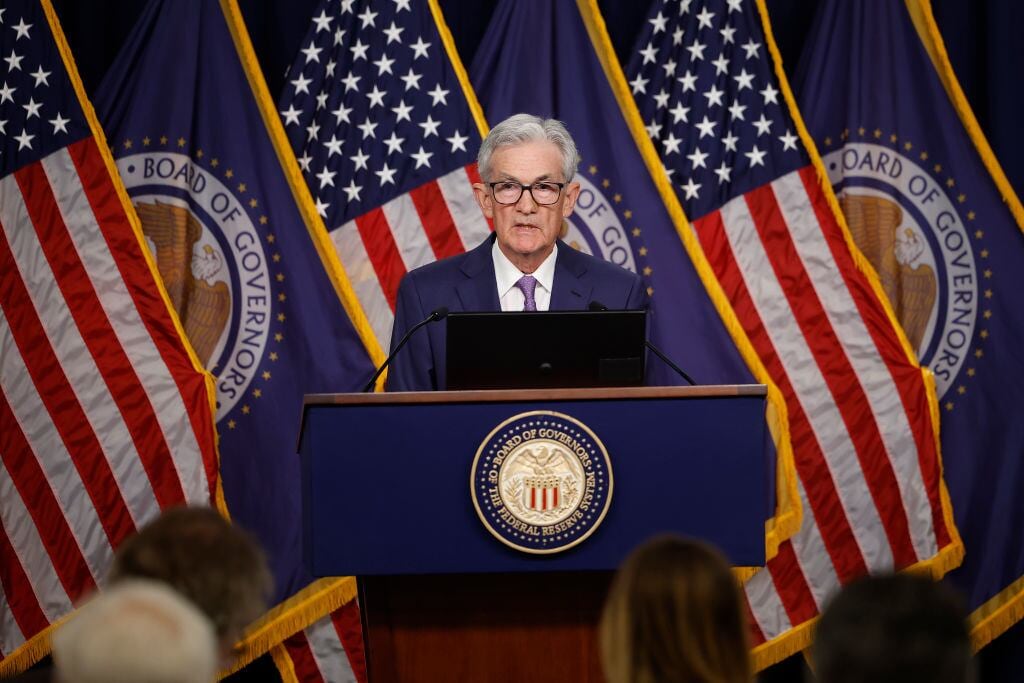WASHINGTON (AP) — The Trump administration has asked an appeals court to remove Lisa Cook from the Federal Reserve’s board of governors by Monday, before the central bank’s next vote on interest rates.
The request represents an extraordinary effort by the White House to shape the board before the Fed’s interest rate-setting committee meets next Tuesday and Wednesday. At the same time, Senate Republicans are pushing to confirm Stephen Miran, President Donald Trump’s nominee to an open spot on the Fed’s board, which could happen as soon as Monday.
Trump sought to fire Cook Aug. 25, but a federal judge ruled late Tuesday that the removal was illegal and reinstated her to the Fed’s board. Trump has accused Cook of mortgage fraud because she appeared to claim two properties as “primary residences” in July 2021, before she joined the board. Such claims can lead to a lower mortgage rate and smaller down payment than if one of them was declared as a rental property or second home. Cook has denied the charges.
On Tuesday, U.S. District Court Judge Jia Cobb ruled that the administration had not satisfied a legal requirement that Fed governors can only be fired “for cause,” which she said was limited to misconduct while in office. Cook did not join the Fed’s board until 2022.
In their emergency appeal, Trump’s lawyers argued that even if the conduct occurred before her time as governor, her alleged action “indisputably calls into question Cook’s trustworthiness and whether she can be a responsible steward of the interest rates and economy.”
The administration asked an appeals court to issue an emergency decision reversing the lower court by Monday. If their appeal is succesful, Cook would be removed from the Fed’s board until her case is ultimately resolved in the courts, and she would miss next week’s meeting.
If the appeals court rules in Cook’s favor, the administration could seek an emergency ruling from the Supreme Court.
Either way, the Fed is expected to cut its benchmark interest rate next week by a quarter-point to about 4.1%. When the Fed reduces its key rate, it often, over time, lowers borrowing costs for mortgages, auto loans, and business loans. Some of those rates have already fallen in anticipation of cuts from the Fed.
Should Miran, a top economic adviser to Trump, win approval in time to join the Fed next week, he could push for a steeper half-point reduction to the Fed’s rate.
Yet there are 12 officials who vote on whether and by how much to cut, including the seven members of the Fed’s board as well as five of the Fed’s 12 regional bank presidents, who vote on a rotating basis.
Trump’s two other appointees to the Fed — Christopher Waller and Michelle Bowman — might also support a half-point cut, but several of the Fed’s bank presidents have expressed concern about stubbornly elevated inflation and would almost certainly oppose such a large reduction.
If the Fed approves a quarter-point cut, it is possible there could be dissenting votes both from officials who preferred no cut and from those who support a half-point.













